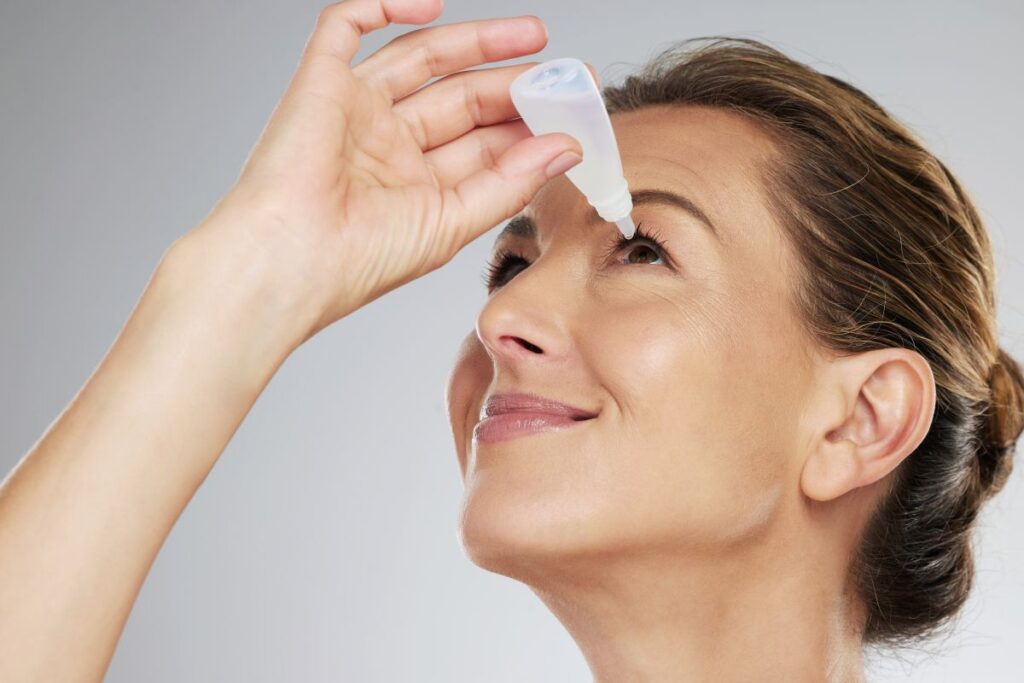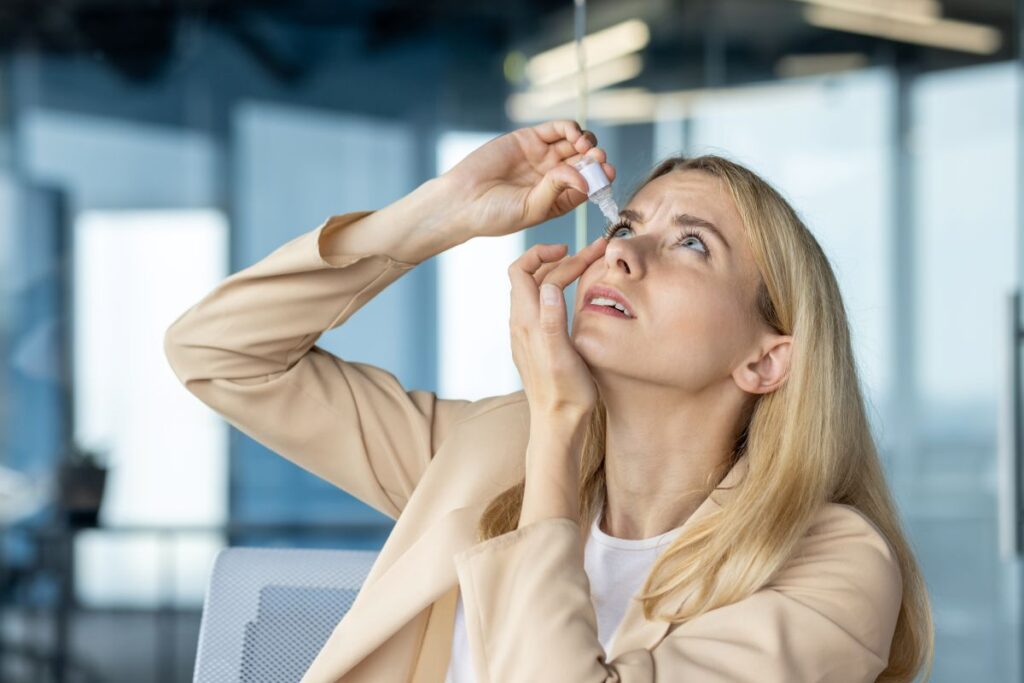Drops for Itchy Eyes: Quick and Effective Relief for Eye Irritation
Itchy eyes are a common and often frustrating problem that affects people of all ages. Whether caused by allergies, dryness, or environmental irritants, the discomfort can disrupt your daily routine, affect concentration, and make even simple tasks difficult. Fortunately, drops for itchy eyes provide fast, targeted relief and are widely available over the counter or by prescription.
This article explores the types of eye drops available, how they work, and tips for choosing the best ones to restore comfort and clarity to your eyes.

Why Do Eyes Get Itchy?
Before reaching for treatment, it’s helpful to understand what might be causing your symptoms. Itchy eyes are typically a sign of inflammation or irritation. The most common causes include:
- Seasonal allergies (hay fever)
- Pet dander, dust mites, or mould spores
- Dry eye syndrome, especially from excessive screen time
- Contact lens irritation
- Smoke or air pollution
- Cosmetic sensitivity
- Viral or bacterial conjunctivitis
Once you identify the source, choosing the right drops for itchy eyes becomes easier and more effective.
Types of Drops for Itchy Eyes
1. Antihistamine Eye Drops
These are some of the most popular drops for itchy eyes, particularly when allergies are the cause. They work by blocking histamine, the chemical released by your immune system during an allergic reaction. This prevents itching, swelling, and redness in the eyes.
Popular choices in the UK include:
- Otrivine Antistin Eye Drops – Combines an antihistamine and a decongestant for fast relief.
- Opticrom Allergy Eye Drops – Contains sodium cromoglicate, a mast cell stabiliser that prevents future allergic reactions.
- Murine Hayfever Relief Drops – Recommended by UK doctors for fast allergy symptom relief.
These are ideal for individuals with pollen allergies, dust sensitivity, or pet-related eye irritationnon prescription medici….
2. Lubricating Eye Drops
If your itchy eyes are caused by dryness rather than allergies, artificial tears or lubricating drops are a better option. These mimic natural tear production and help wash away irritants while soothing the surface of the eye.
Examples include:
- Fusion Allergy Eye Drops – Preservative-free and suitable for sensitive eyes or contact lens wearers.
- Thealoz Duo or Hylo-Tear – Advanced formulations designed for chronic dry eye conditions.
Lubricating drops can be used frequently throughout the day without side effects, making them ideal for those who work on screens or in air-conditioned environments.

How to Choose the Right Drops for Itchy Eyes
1. Identify the Cause
The key to finding the best drops for itchy eyes is understanding the root of the problem. Ask yourself:
- Do my symptoms appear during pollen season?
- Are my eyes dry after long computer sessions?
- Do I have pets or live in a dusty environment?
If allergies are the issue, go for antihistamine or combination drops. If dry eyes are to blame, choose lubricating or preservative-free drops. If you’re unsure, consult a pharmacist or optometrist.
2. Consider Your Lifestyle
Some eye drops are not compatible with contact lenses, while others may cause temporary blurred vision or stinging. Look for:
- Preservative-free formulations if you use drops frequently or wear lenses.
- Multi-dose bottles with built-in filters for safety and convenience.
- Single-dose ampoules if you prefer portability or travel often.
Always read the label for usage guidelines, and never use medicated eye drops longer than recommended without medical advice.
Tips for Using Eye Drops Correctly
Even the best drops for itchy eyes won’t work well if not applied properly. Here are some quick tips:
- Wash your hands before touching your eyes or the bottle.
- Tilt your head back and look upward.
- Pull down your lower eyelid to form a small pocket.
- Squeeze one drop into the pocket (avoid touching the eye with the dropper).
- Blink gently and keep your eyes closed for a moment to allow the drop to spread.
If you’re using more than one type of eye drop, wait 5–10 minutes between each to avoid diluting or washing out the previous drop.
When to See a Doctor
While most cases of itchy eyes can be treated with over-the-counter drops, seek medical advice if:
- Your symptoms persist beyond a few days.
- You experience pain, discharge, or changes in vision.
- Your eyes become swollen or extremely red.
- You suspect an eye infection.
An optometrist or GP can diagnose the issue and prescribe stronger medication if necessary.
Drops for itchy eyes offer fast, effective relief from a wide range of irritants—whether you’re facing a pollen-filled spring day or dealing with dryness from hours at the computer. The key to lasting relief is choosing the right type of drop for your symptoms and using them correctly.
Whether you opt for antihistamine drops to block allergies or soothing lubricants to hydrate dry eyes, there’s a solution to help you see clearly and comfortably once again.